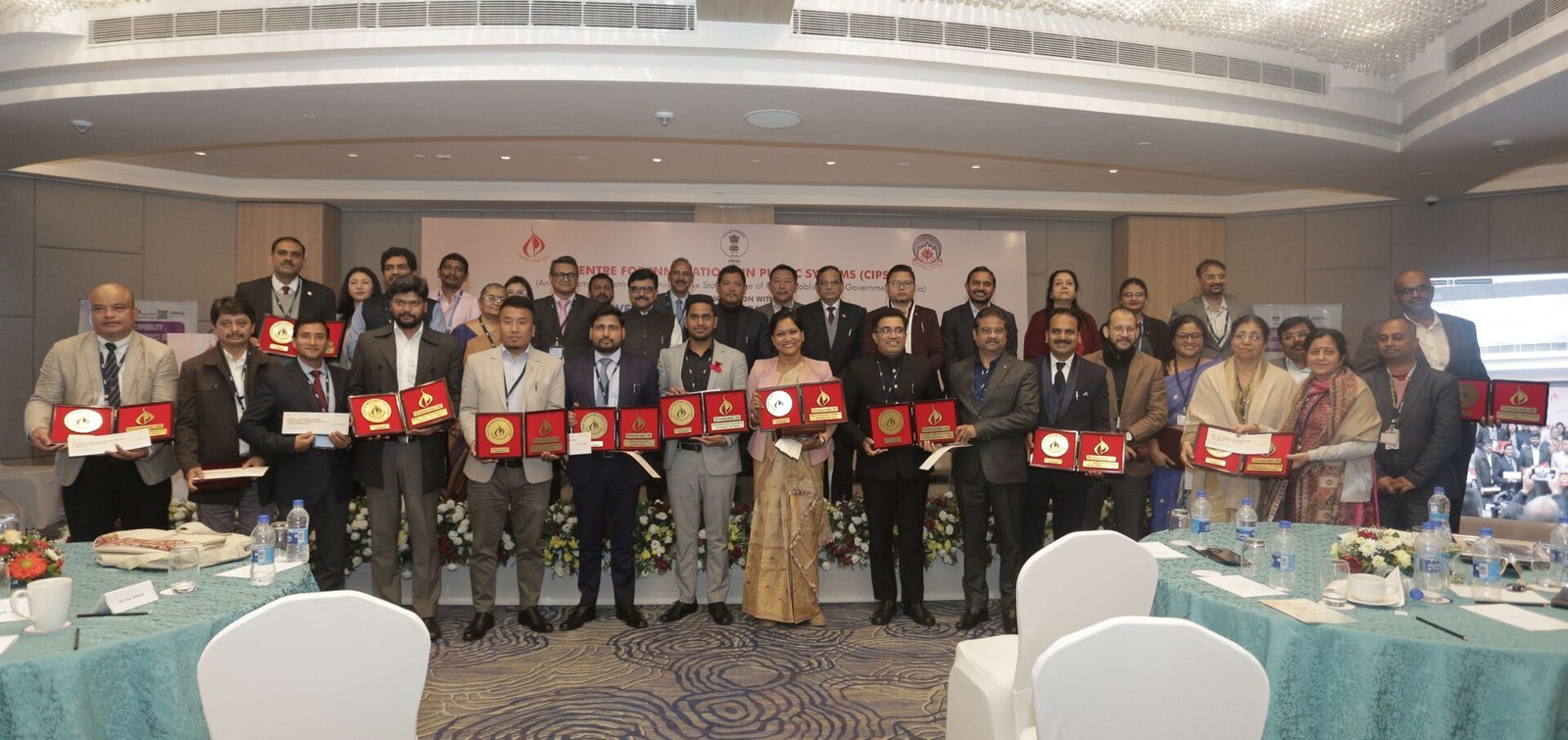HT Bureau
GUWAHATI, Jan 23: The Tripura Government’s ambitious plan to modernize its health services through the introduction of an ‘Integrated Health Management Information System’ (IHMIS) has been facing significant challenges due to alleged bureaucratic resistance.
The initiative, aimed at transforming public health services with advanced technology, has sparked controversy within the state health department, with calls for a high-level investigation into the matter.
The IHMIS project, inspired by similar systems in private hospitals, seeks to simplify hospital management and enhance patient care.
It proposes a fully integrated platform to manage appointments, diagnostic tests, and treatment records digitally, enabling patients to access their medical history seamlessly.
The project is seen as a transformative step towards improving health services in Tripura.
However, questions have been raised regarding the eligibility and financial criteria outlined in the project’s Request for Proposal (RFP).
The RFP mandates a minimum annual turnover of ₹10 crore for participating organizations, a figure criticised as being too low for a project with a liability value of ₹30 crore.
Experts argue that this criterion disproportionately favors smaller, less experienced firms, potentially compromising the project’s quality.
Concerns have also emerged over the exclusion of experienced System Integrators (SIs) and Managed Service Providers (MSPs), who typically manage large-scale health sector projects.
The stringent eligibility criteria, combined with the exclusion of joint ventures, have narrowed the scope of competition.
Critics fear this lack of competition could lead to inflated project costs and reduced efficiency.
Health experts and stakeholders are urging the government to adopt a more transparent and competitive policy.
They recommend allowing joint ventures, which would enable specialised companies to form consortiums and bring their expertise to the project.
Such measures, they argue, are crucial for ensuring the successful implementation of the IHMIS initiative.
Adding to the controversy, whispers within the health department suggest that a section of bureaucrats is allegedly acting without the knowledge of the chief minister, who also heads the health department.
The allegations have led to calls for a high-level inquiry to identify those responsible and ensure the project’s smooth execution.
If implemented effectively, the IHMIS project has the potential to revolutionise health management in Tripura.
However, experts caution that without addressing the policy and operational constraints, the project’s success may remain uncertain.
With the chief minister’s background as a medical professional, stakeholders are optimistic that corrective measures will be taken to steer the project towards its intended goals.












